Where do you throw away toilet paper in South Korea?


In South Korea, it is customary to throw toilet paper into bins rather than flushing it down the toilet in public restrooms. Most Koreans do not mind this practice, but it can be quite off-putting for many visitors to the country. Tourists have complained about the smell, scattered paper in the toilets, and the overall unpleasant experience when using public restrooms. Due to these complaints and the general aversion of tourists to use public toilets, the government decided that trash bins should be removed from public restrooms.
Implementation of the reform and its effects
In 2017, a survey was conducted in which 81% of 1,200 South Koreans agreed that removing trash bins would improve hygiene in toilets. The reform was implemented, but as usual, some people say it has significantly improved the situation, while others claim nothing has changed. Aoi, a Japanese woman currently living in South Korea, says that toilets have become much cleaner, which is noticeable compared to those where the bins have not yet been removed. Failure to remove bins from public restrooms can result in a fine, but some managers still haven't done so. Korean woman Oh Min-hyuck also expresses satisfaction with the new law, stating that the bad smell in the toilets has decreased significantly, and she is happy that she no longer has to see used toilet paper with feces.
One of the cleaning staff at a Seoul metro station mentions that it is much easier to clean toilets now that toilet paper is flushed. On the other hand, a staff member at Sinchon station says that the cleanliness is maintained because they frequently clean the toilets, but not much has changed because people still leave paper in various places in the toilet instead of flushing it.
The biggest issue has turned out to be clogged toilets. Without bins in the stalls, people throw other sanitary waste into the toilets, which should never be flushed. Moreover, it became clear that not all toilets have appropriate waste disposal systems, and the pipes in some places are too narrow. When the Seoul metro removed bins from all toilets, the number of clogged toilets increased from 648 in August to 1,709 in December.
To prevent mass clogging of toilets, the metro management decided to replace the sewage system in the 20 most frequently clogged toilets and to use easily dissolvable toilet paper in all restrooms.
Korean experts say that the sewage system in Korea is similar to that in other countries, and in Japan, for example, pipes are often even narrower. They believe that the continuous clogging of toilets in their country is caused by improper use of the toilets and throwing objects that should not be flushed. It is clear that adapting to the new regulations will take time, and although the government is running awareness campaigns, the problem is likely to persist for some time.
This article is based on an article by Park Ju-young from The Korea Herald.
All rights reserved. No part of this publication (text, graphics, images, photos, files, and other data) presented in the OLE.PL online store may be reproduced or distributed in any form or by any means without prior permission. All trademarks, graphic symbols, brand names, and other data are protected by copyright and belong to their owners.
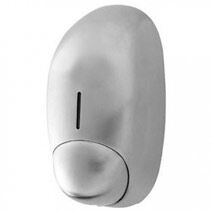

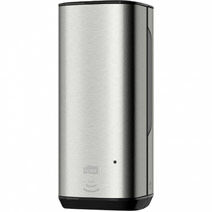
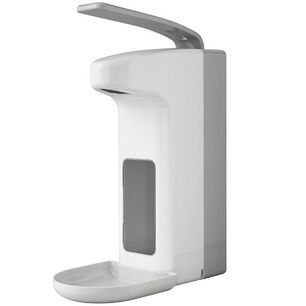
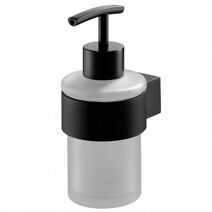
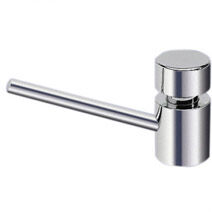
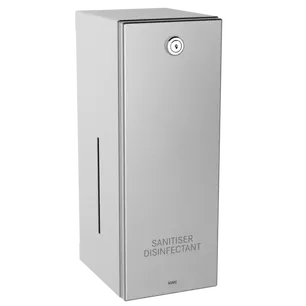



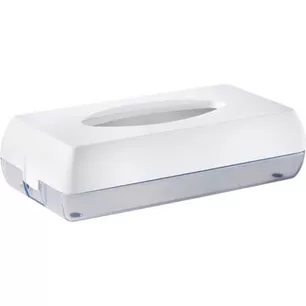
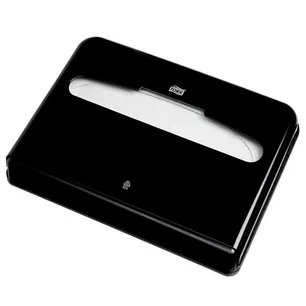
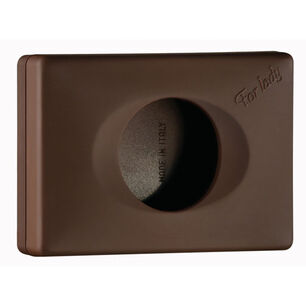
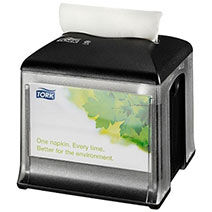

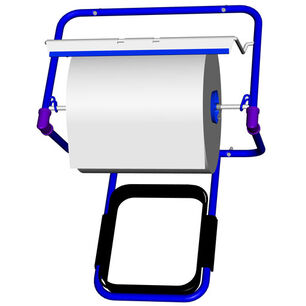
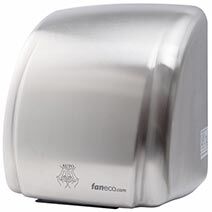
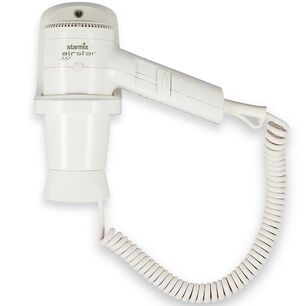
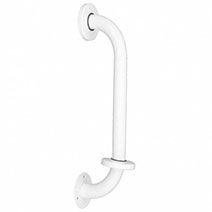
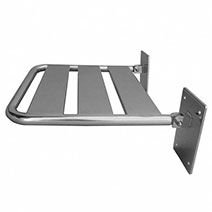
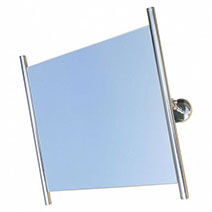
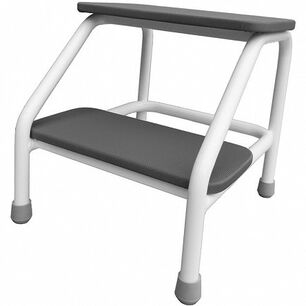
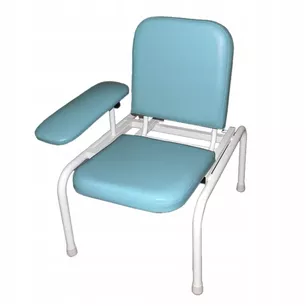
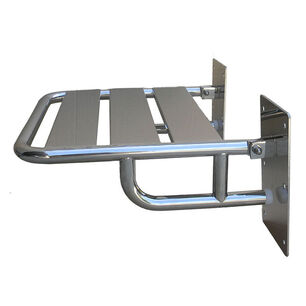



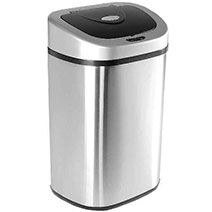
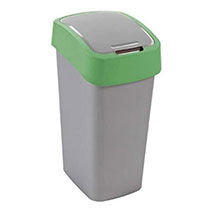
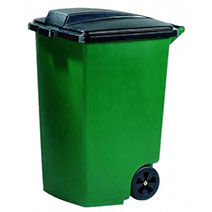


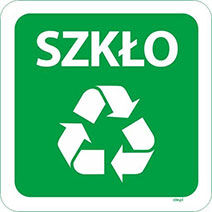
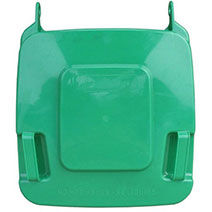
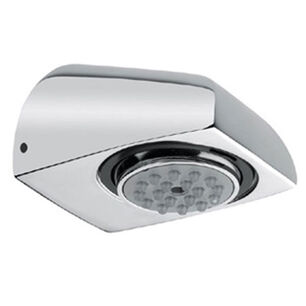
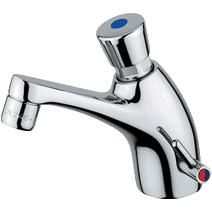
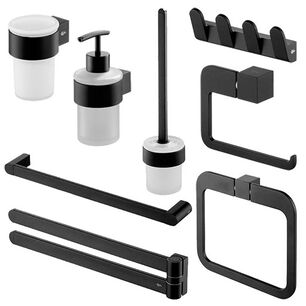
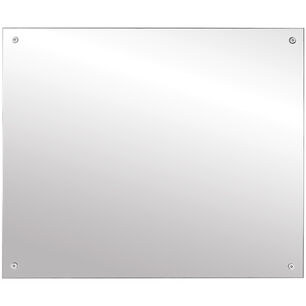



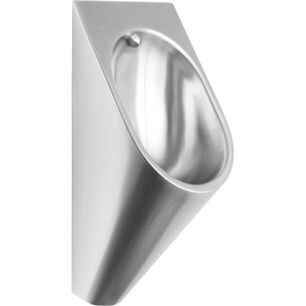

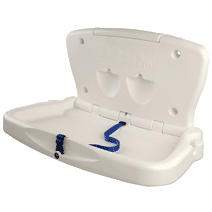
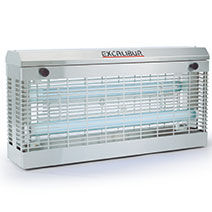
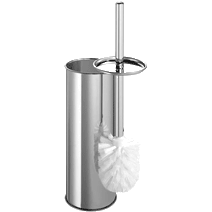
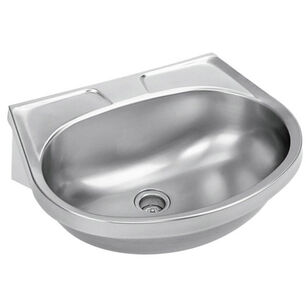
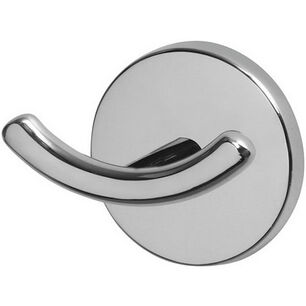
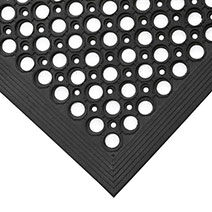
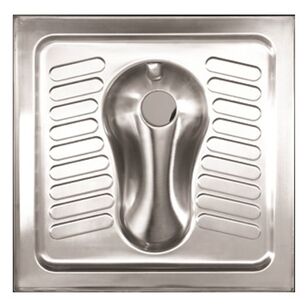

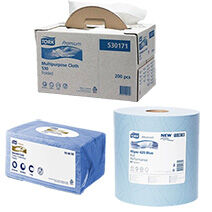

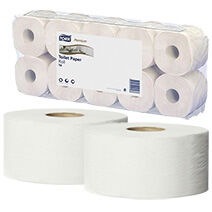

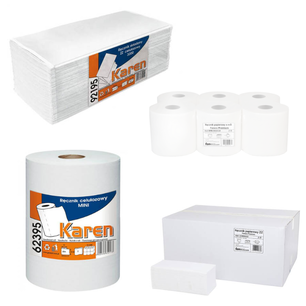
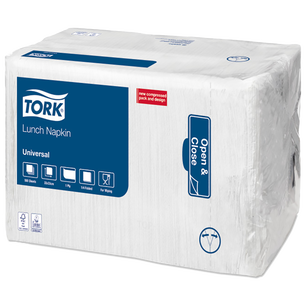
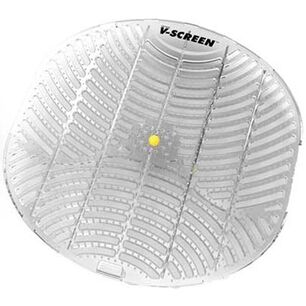
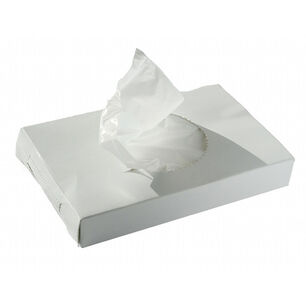
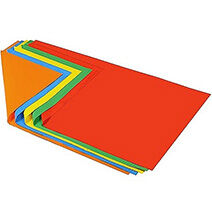

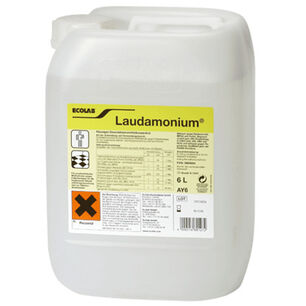
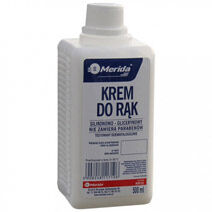
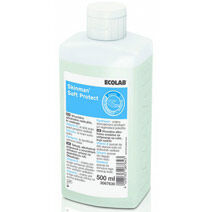
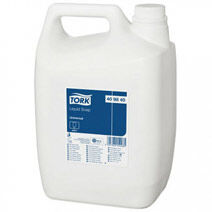
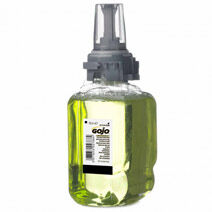

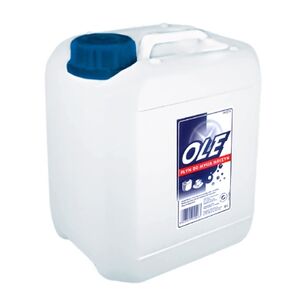

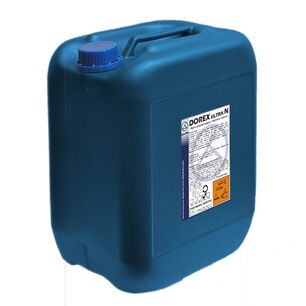

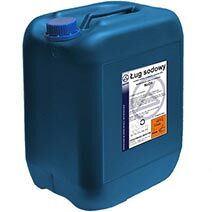

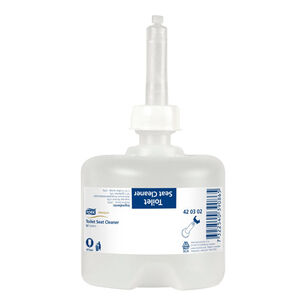
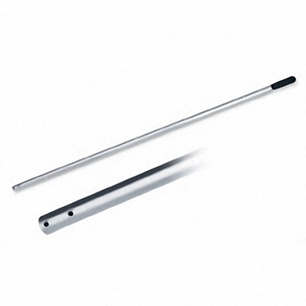


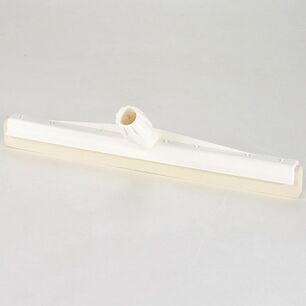

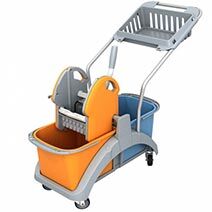
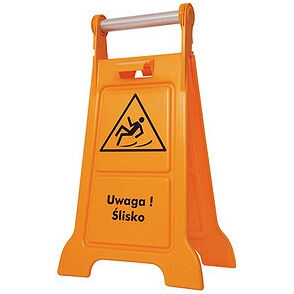

 Polski
Polski
 Czech
Czech
 German
German
 Spanish
Spanish
 Slovak
Slovak